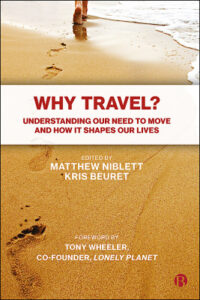Number of displaced persons reaches 50 million for first time since World War II
29th June 2014
On 20th June, World Refugee Day, the UN refugee agency (UNHCR) announced that the number of displaced persons had reached its highest number since the end of World War II. Conflicts across the world, including in Syria, central Africa and South Sudan, have forced an estimated 51.2million people to leave their homes due to persecution, generalised violence and human rights violations.
The seeking of refuge has been a motivation for travel throughout human history and its impact on both those travelling and their host peoples can be enormous psychologically, physically, culturally and economically. Regions and states neighbouring areas of conflict often bear the brunt in terms of accommodating those seeking refuge (over 33 million people are classed as ‘internally displaced’ within their own country) but this is a global issue affecting all nations. Indeed, the USA, the world’s most powerful country, was formed by those travelling to its shores in search of refuge and economic opportunity.
Political and media debates within the UK and many countries highlight how emotive and complex the issue of immigration can be, whether it has an economic or asylum basis. Ultimately the result, if not always the fundamental motivation, of much human travel is change – of ideas, practices and objects – and travel can change the host as well as the traveller.
The causes and impacts of migration are amongst the many important issues explored by the ITC’s Why Travel? project, which uses insights from a range of disciplines – from biology and anthropology to literature and philosophy – to better understand human travel and its complex interactions with human society. For more information see www.whytravel.org.uk


